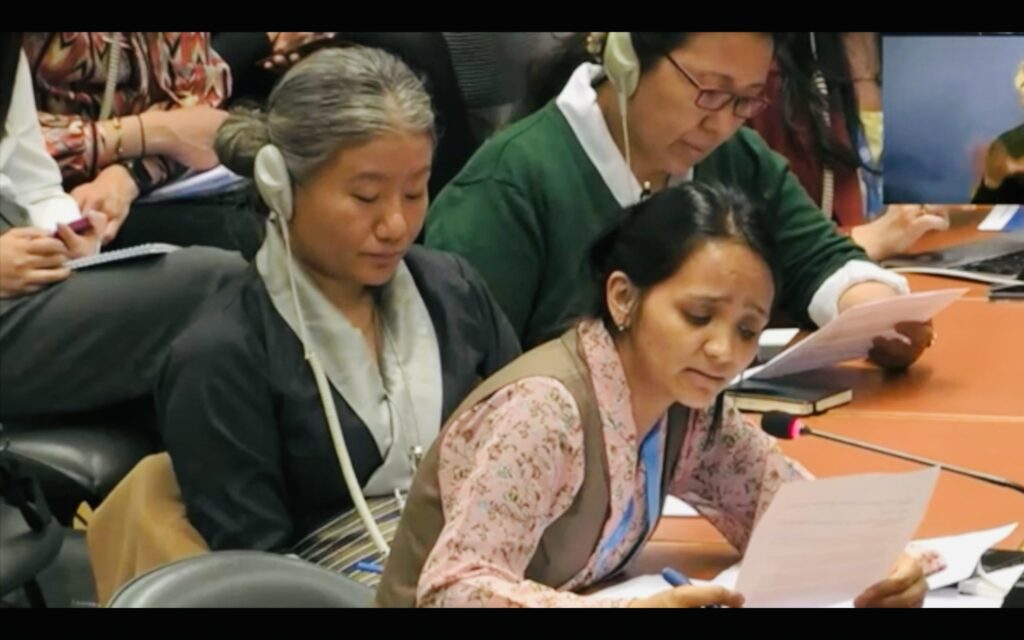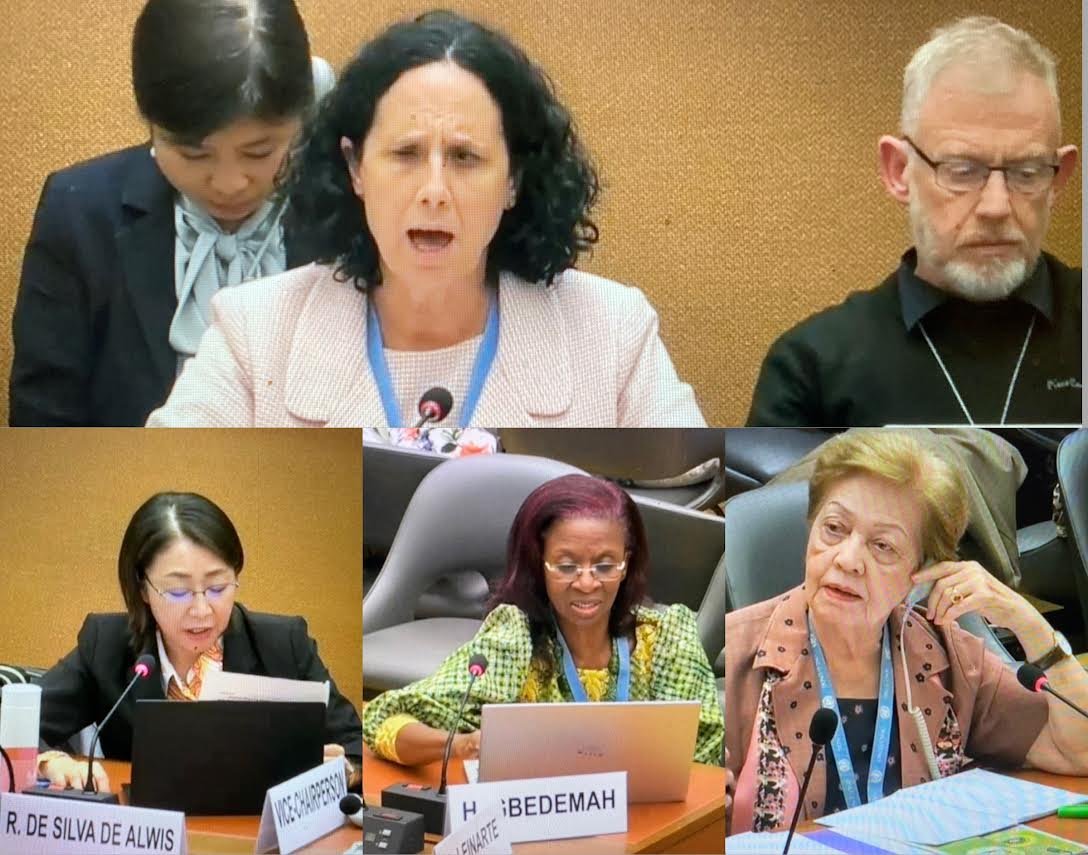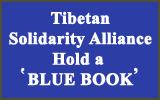UN Treaty Body Calls China to Abolish all forms of Discrimination Against Tibetan Women

During the just concluded 85th session of the UN Treaty body, International Convention on Elimination of Discrimination Against Women (CEDAW), the UN expert committee raised and called upon China to ensure prohibition of discrimination against all women, including discrimination and barriers faced by Tibetan women in Tibet. In accordance with established proceedings of review by the UN treaty body, CEDAW commenced the session on 8th May and concluded on 26th May 2023. During which, the ninth periodic report of China was reviewed by the committee on 12 May 2023.
In the concluding observation report of the committee, published on 30th May 2023, the UN committee raised a series of concerns over issues affecting the life of Tibetan women in Tibet, including barriers to access to Justice; closure of schools; forced residential schools; denial of access to education in Tibetan language; confiscation of passports; forced labour & forced marriages; undermining linguistic and cultural identity of Tibetan women.
The committee “remains concerned” over labour transfer and so-called vocational training programmes enforcing Tibetan women to train in low-skilled jobs by discarding its unique skills. Raising the concern, the committee called upon China to immediately halt non-voluntary labour transfer and vocational training programs in Tibet and carry out meaningful consultations with the affected Tibetan women. Furthermore, the committee urged China to respect, preserve and promote the cultural identity of Tibetan women and eliminate “intersecting” forms of discrimination against women belonging to ethnic, religious and linguistic minorities, including Tibetan women.
While bringing spotlight on reports of forcible closure of schools and forced residential schools in Tibet, the committee called upon China to abolish the residential school system imposed on Tibetan girls and give access to instructions in Tibetan language by allowing establishment of and subsidizing private Tibetan schools. Furthermore, raising the concern over reports of the confiscation of passports from Tibetans, the committee recommended China to ensure passports are not confiscated on the basis of ethnic minority status and that national security legislation is not to arbitrarily use in confiscating the passports. In terms of access to justice and gender bias on the part of many judges, the UN committee raised economic and linguistic barriers faced by disadvantaged groups of women, including Tibetan women, in accessing justice.
Reiterating the committee’s previous recommendation calling China to adopt a comprehensive definition of discrimination against women that explicitly prohibits direct and indirect discrimination in the public and private spheres, the committee called upon China for effective implementation of the prohibition of discrimination against all women, including Tibetan women, through appropriate enforcement mechanisms and sanctions.
Welcoming the concluding observation report of the CEDAW, Representative Thinlay Chukki thanked the committee for upholding its mandate. “The strong and substantive observations and recommendations by the Committee on Tibet to the Chinese government, reflect the dire situation and challenges faced by Tibetan women under China’s discriminatory policies and practices. Similarly, China should take the responsibility in abiding its international obligations and effective implementation of recommendations made by the committee, in order to make the review a success and meaningful,” noted Representative Thinlay Chukki.
The Tibet groups, comprising the Tibet Bureau-Geneva, Tibetan Women Association-central and Tibet Advocacy Coalition, took part in the entire review process. All three groups made individual written submissions and also briefed the experts on the situation of Tibetan women in Tibet.
The CEDAW concluding observation report is available here.





